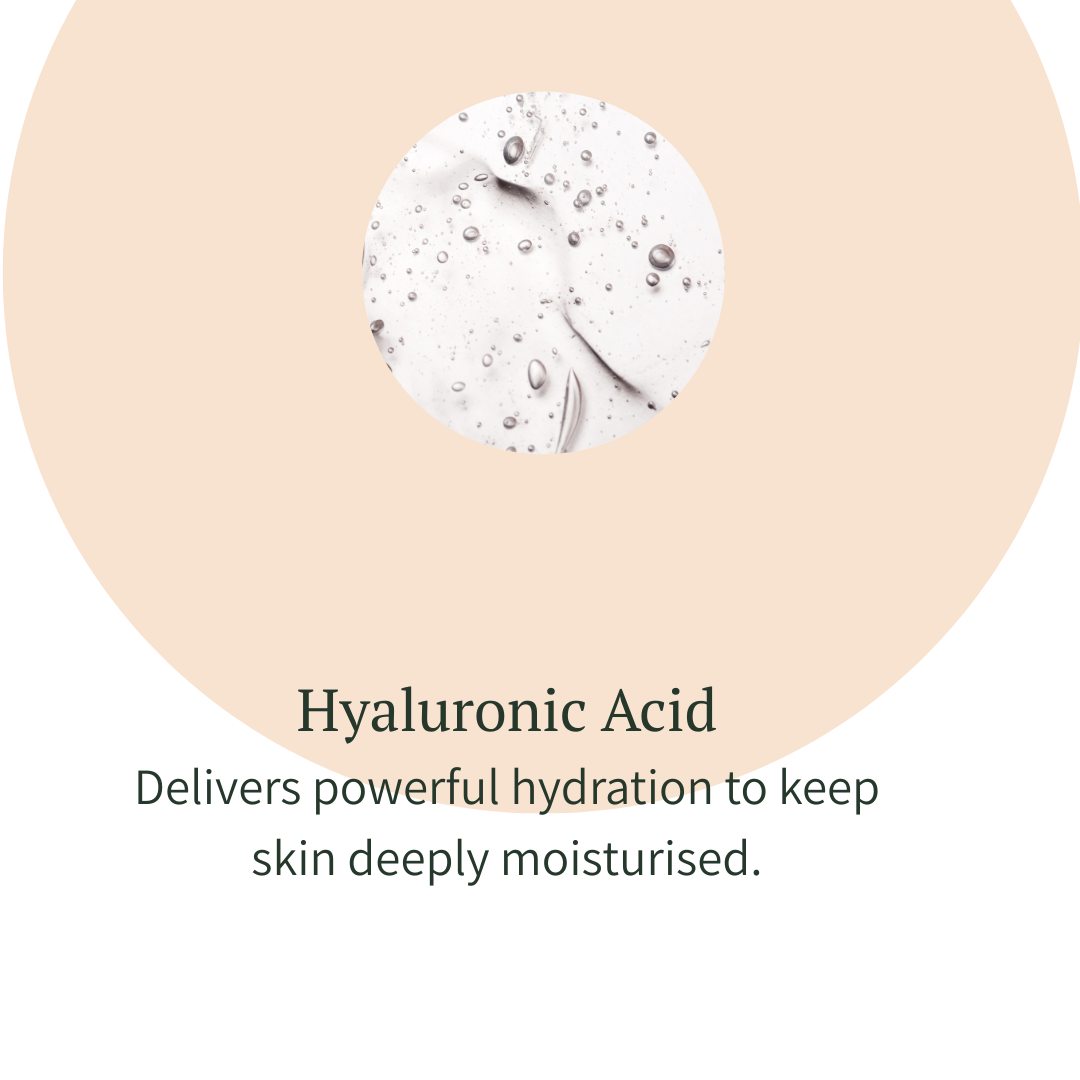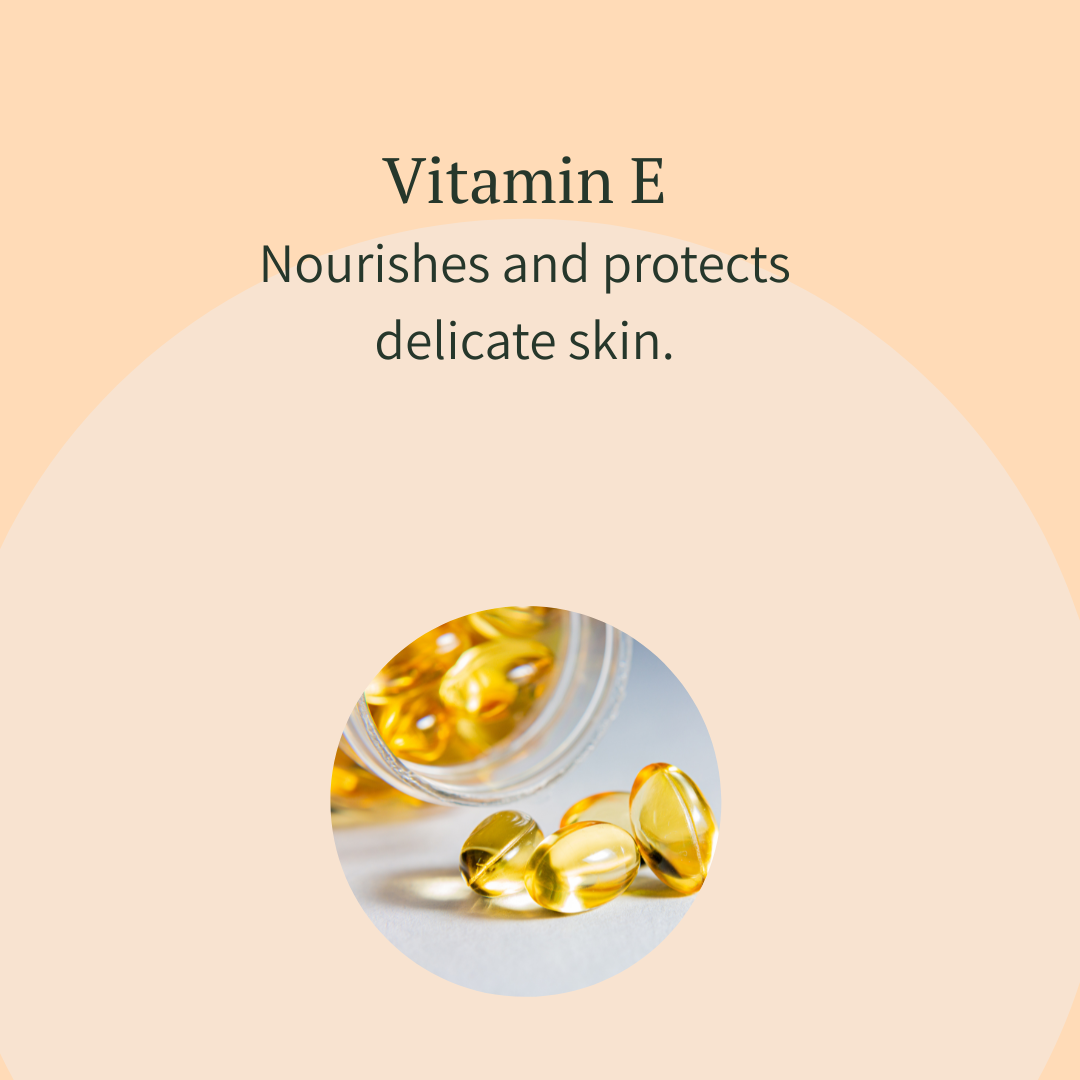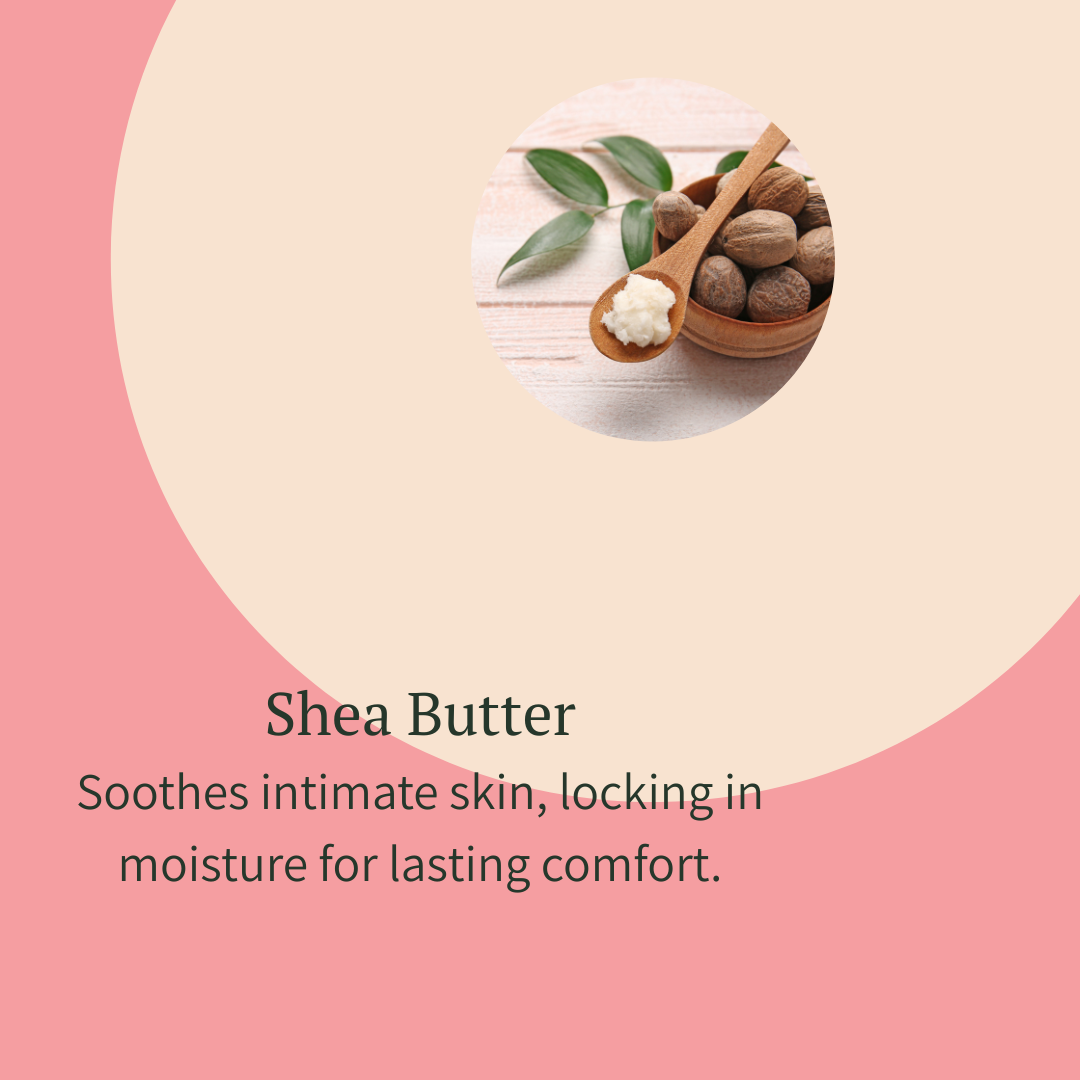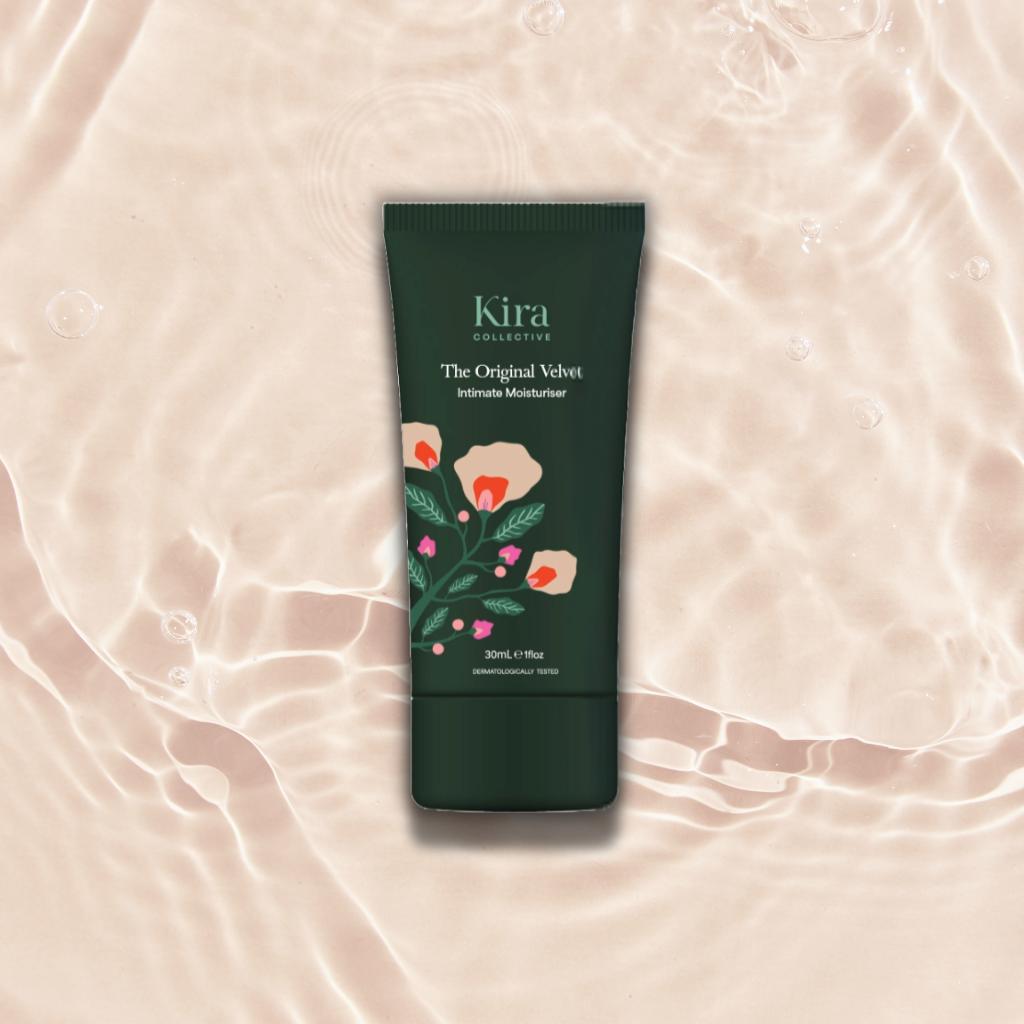
The Science behind The OV
(This is our favourite bit!) Read through the research that lead to the development of Kira Collective and The OV.
Kira Collective
Genitourinary Syndrome of Menopause

2014 New Terminology for Vulvovaginal Atrophy
In 2014, the International Society for the Study of Women's Sexual Health and The North American Menopause Society, developed new terminology for vulvovaginal atrophy to cover all signs associated with reduced oestrogen affecting tissues in the genital and urinary tract.
Citation: Portman, David J. MD1;
Gass, Margery L.S. MD, NCMP2 on behalf of the Vulvovaginal Atrophy Terminology Consensus Conference Panel. Genitourinary syndrome of
menopause: new terminology for vulvovaginal atrophy from the International Society for the Study of Women’s Sexual Health and The North American Menopause Society. Menopause 21(10):p 1063-1068, October 2014. | DOI:10.1097/GME.0000000000000329
2025 Genitourinary Syndrome of Menopause: AUA/SUFU/AUGS Guideline
Guideline Statement 14
Clinicians should recommend the use of vaginal moisturizers and/or lubricants, either alone or in combination with other therapies, to improve vaginal dryness and/or dyspareunia in patients with GSM. (Moderate Recommendation; Evidence Level: Grade C)
Guideline Statement 16
Clinicians should counsel patients to avoid vulvovaginal irritants and/or cleansers which may exacerbate the signs and symptoms of GSM. (Expert Opinion)
Citation: Kaufman MR, Ackerman LA, Amin KA, et al. The AUA/SUFU/AUGS Guideline on Genitourinary Syndrome of Menopause. J Urol. 0(0). doi:10.1097/JU.0000000000004589.https://www.auajournals.org/doi/10.1097/JU.0000000000004589
2022 Efficacy of Hormonal and Nonhormonal Approaches to Vaginal Atrophy and Sexual Dysfunctions in Postmenopausal Women: A Systematic Review
Hyaluronic acid has shown comparable efficacy to vaginal oestrogen for symptoms of vaginal atrophy.
Vitamin E vaginal suppository may also be an alternative to vaginal oestrogen to treat vaginal atrophy for postmenopausal women.
Citation: Alves, C., Costa, A.C., Lírio, J.F., José Eleutério Junior, Vieira-Baptista, P. and Ana Cristina Gonçalves (2022). Efficacy of Hormonal and Nonhormonal Approaches to Vaginal Atrophy and Sexual Dysfunctions in Postmenopausal Women: A Systematic Review. 44(10), pp.986–994. doi:https://doi.org/10.1055/s-0042-1756148.
The 2020 Genitourinary Syndrome of Menopause Statement of The North American Society
This statement reflected that up to 84% of postmenopausal women experience symptoms of genitourinary syndrome menopause (GSM) which can have significant effects on health, sexual function and quality of life.
Treatments include vaginal lubricants, moisturisers, vaginal oestrogens, DHEA, systemic hormone therapy and ospemifene.
Non-hormonal vaginal lubricants and moisturisers are first line therapies to alleviate symptoms of GSM.
Citation:
- The 2020 Genitourinary Syndrome of Menopause Position Statement of The North American Menopause Society. Menopause 27(9):p 976-992, September 2020. | DOI: 10.1097/GME.0000000000001609
Kira Collective
Hyaluronic Acid
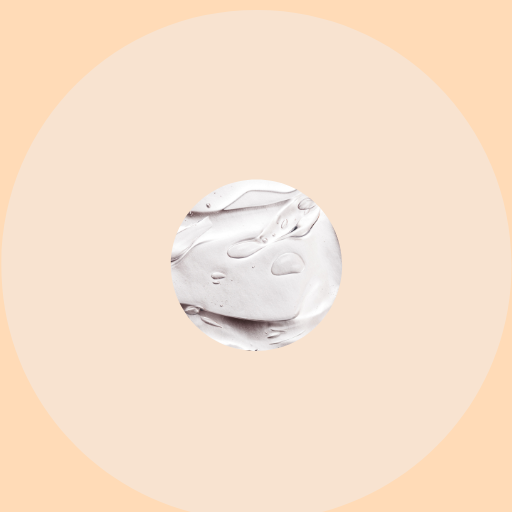
2013 Evaluation of the Efficacy and Safety of Hyaluronic Acid Vaginal Gel to Ease Vaginal Dryness: A Multicentre, Randomized, Controlled, Open-Label, Parallel-Group, Clinical Trial
A multicentre, randomised, controlled trial (RCT) with 144 subjects showed no statistical difference in improvement in vaginal dryness in postmenopausal women between hyaluronic acid vaginal gel and estriol cream.
Citation: Chen J, Geng L, Song X, Li H, Giordan N, Liao Q. Evaluation of the efficacy and safety of hyaluronic acid vaginal gel to ease vaginal dryness: a multicenter, randomized, controlled, open-label, parallel-group, clinical trial. J Sex Med. 2013 Jun;10(6):1575-84. doi: 10.1111/jsm.12125. Epub 2013 Apr 9. PMID: 23574713.
2016 Postmenopausal vulvovaginal atrophy (VVA) is positively improved by topical hyaluronic acid application
A prospective, observation study looked at the an hyaluronic acid-based liquid preparation for the vagina used 3 times a week for 8 weeks and showed significant objective and subjective improvement of genital symptoms.
Citation: Origoni M, Cimmino C, Carminati G, Iachini E, Stefani C, Girardelli S, Salvatore S, Candiani M. Postmenopausal vulvovaginal atrophy (VVA) is positively improved by topical hyaluronic acid application. A prospective, observational study. Eur Rev Med Pharmacol Sci. 2016 Oct;20(20):4190-4195. PMID: 27831658.
2016 Sexual function in women with genitourinary syndrome of menopause treated with vaginal estriol or vaginal hyaluronic acid
A 2016 randomised controlled trial by Salvatore et al. found that HA gel was as effective as low-dose vaginal Oestrogen in improving GSM symptoms, with good tolerability and minimal side effects.
Citation: Salvatore, S., Nappi, R. E., Parma, M., Chionna, R., Lagona, F., & Zerbinati, N. (2016). Sexual function in women with genitourinary syndrome of menopause treated with vaginal estriol or vaginal hyaluronic acid: A randomized controlled trial. Menopause, 23(10), 1050–1055. https://doi.org/10.1097/GME.0000000000000667
2020 The Use of Hyaluronic Acid for the Treatment of Vaginal Dryness and Atrophy in Women With or Without Cancer: A Systematic Review
This 2020 systematic review concluded that hyaluronic acid (HA) -based treatments offer a beneficial alternative for women who cannot or prefer not to use hormonal therapies. These findings support HA as a safe, evidence-based option for managing GSM.
Citation: Digesu, G. A., Rubin, R., Fernando, R., & Khullar, V. (2020). The use of hyaluronic acid for the treatment of vaginal dryness and atrophy in women with or without cancer: A systematic review. Climacteric, 23(5), 456–462. https://doi.org/10.1080/13697137.2020.1779817
2021 Hyaluronic Acid in Postmenopause Vaginal Atrophy: A Systemic Review
A review of 13 studies suggested that hyaluronic acid treatment did now show a significant difference in results for epithelial atrophy, vaginal pH, dyspareunia and cell maturation when compared to oestrogen therapy.
Citation: Carlos Campagnaro M. dos Santos, Maria Laura R. Uggioni, Tamy Colonetti, Laura Colonetti, Antonio José Grande, Maria Inês Da Rosa, Hyaluronic Acid in Postmenopause Vaginal Atrophy: A Systematic Review,The Journal of Sexual Medicine, Volume 18, Issue 1, January 2021, Pages 156–166, https://doi.org/10.1016/j.jsxm.2020.10.016
2022 Hyaluronic Acid: A Valid Therapeutic Option for Early Management of Genitourinary Syndrome of Menopause in Cancer Survivors?
Genitourinary syndrome of menopause may occur early following anticancer treatments. Among non-hormonal treatments, hyaluronic acid-based moisturisers have shown promising results in healthy women and in cancer patients or survivors.
"Hyaluronic acid-based moisturizers are effective, safe, and well tolerated; therefore, they may represent a valid option for the early management of GSM-associated symptoms in every woman with a history of cancer who is unable or unwilling to undergo hormone-based therapies."
Citation: Nappi RE, Martella S, Albani F, Cassani C, Martini E, Landoni F. Hyaluronic Acid: A Valid Therapeutic Option for Early Management of Genitourinary Syndrome of Menopause in Cancer Survivors? Healthcare (Basel). 2022 Aug 13;10(8):1528. doi: 10.3390/healthcare10081528. PMID: 36011183; PMCID: PMC9408661.
Kira Collective
Vitamin E and GSM
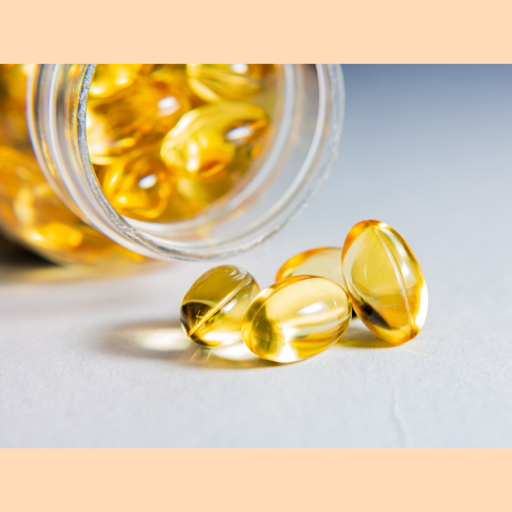
2023 Comparison of the Effect of Vaginal Vitamin E Cream with Conjugated Estrogen Vaginal Cream on Vulvovaginal Atrophy and Overactive Bladder Syndrome: a Randomized Controlled Trial
This study involved 72 postmenopausal women who were give vitamin E vaginal cream or estrogen vaginal cream. Both groups had comparable improvement in the symptoms of vulvovaginal atrophy including symptoms of overactive bladder syndrome.
Citation: Azari, N., Mehrabi, E., Javadzadeh, Y.et al.Comparison of the effect of vaginal vitamin E cream with conjugated estrogen vaginal cream on vulvovaginal atrophy and overactive bladder syndrome: a randomized controlled trial.Afr J Urol29, 35 (2023). https://doi.org/10.1186/s12301-023-00363-5
2022 Vaginal Vitamin E for Treatment of Genitourinary Syndrome of Menopause
This review looked at randomised, controlled trials (RCTs) comparing vitamin E suppositories in postmenopausal women. The available studies were small but did suggest that vitamin E may be effective in improving symptoms of genitourinary syndrome of menopause.
One study reviewed, showed 5mg of hyaluronic acid to be superior to 1mg vitamin E.
Citation: Porterfield L, Wur N, Delgado ZS, Syed F, Song A, Weller SC. Vaginal Vitamin E for Treatment of Genitourinary Syndrome of Menopause: A Systematic Review of Randomized Controlled Trials. J Menopausal Med. 2022 Apr;28(1):9-16. doi: 10.6118/jmm.21028. PMID: 35534426; PMCID: PMC9086347.
2016: A survey of therapeutic effects of vitamin E suppositories on vaginal atrophy in postmenopausal women
This relatively small sample group study showed improvement in vaginal atrophy with the use of vitamin E suppositories. Oestrogen cream was more effective than Vitamin E in this study.
Citation: Parnan Emamverdikhan A, Golmakani N, Tabassi SA, Hassanzadeh M, Sharifi N, Shakeri MT. A survey of the therapeutic effects of Vitamin E suppositories on vaginal atrophy in postmenopausal women. Iran J Nurs Midwifery Res. 2016 Sep-Oct;21(5):475-481. doi: 10.4103/1735-9066.193393. PMID: 27904630; PMCID: PMC5114791.
Kira Collective
Sunflower Oil
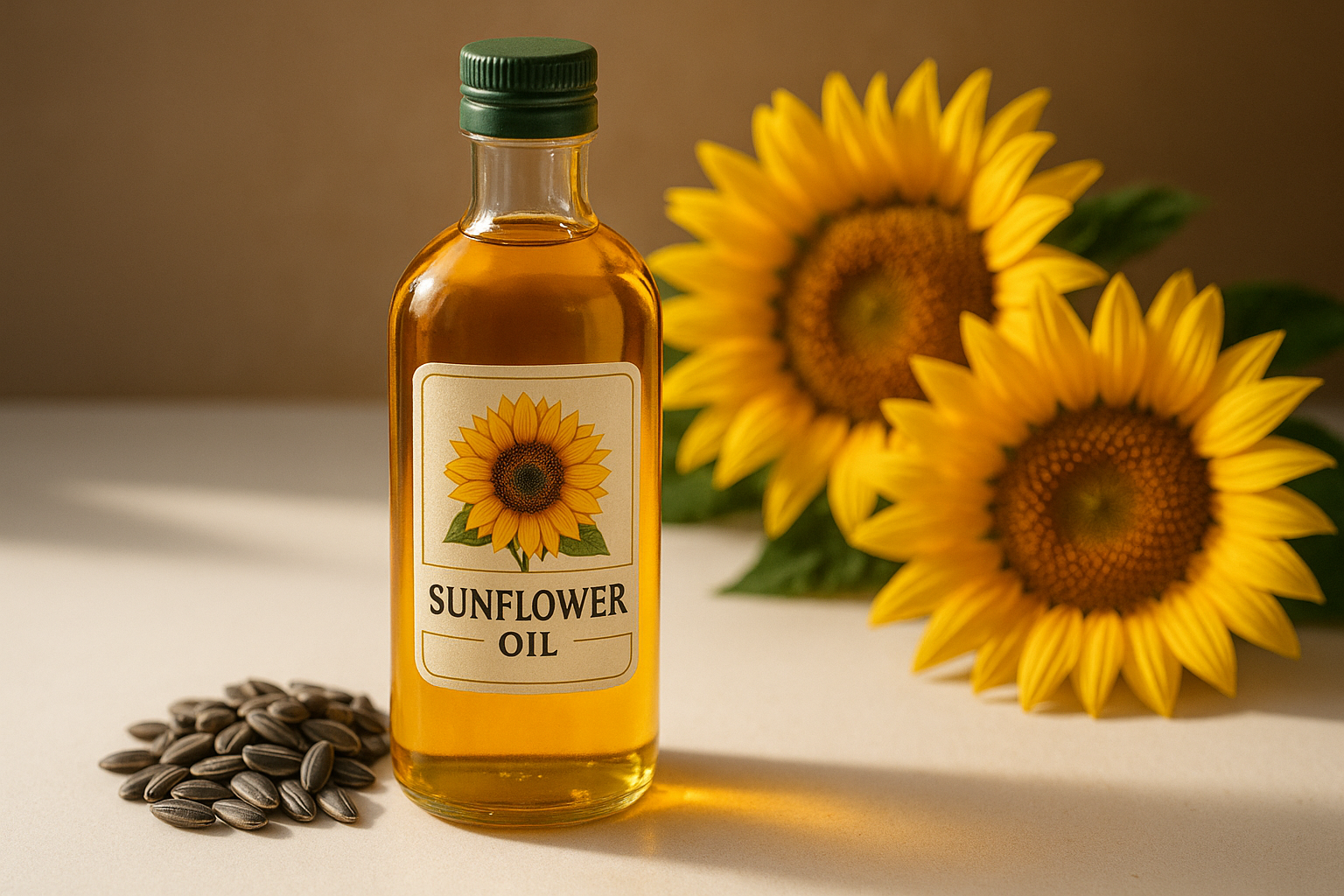
2017 Anti-inflammatory and Skin Barrier Repair Effects of Topical Application of Some Plant Oils
Sunflower seed oil contains relatively higher linoleic acid concentration relative to olive oil. It has been shown to improve hydration and skin integrity without causing irritation. It also enhances skin barrier repair.
Citation: Lin TK, Zhong L, Santiago JL. Anti-Inflammatory and Skin Barrier Repair Effects of Topical Application of Some Plant Oils. Int J Mol Sci. 2017 Dec 27;19(1):70. doi: 10.3390/ijms19010070. PMID: 29280987; PMCID: PMC5796020.
2013 Effect of Olive and Sunflower Seed Oil on the Adult Skin Barrier: Implications for Neonatal Skin Care
In this small sample size study of 19 adults, with regular application of both olive oil and sunflower oil twice a day for 4 weeks, olive oil caused significant damage to the stratum corneum and induced mild erythema. The sunflower seed oil did not cause any damage and improved the skin hydration in the same group.
Citation: Danby SG, AlEnezi T, Sultan A, Lavender T, Chittock J, Brown K, Cork MJ. Effect of olive and sunflower seed oil on the adult skin barrier: implications for neonatal skin care. Pediatr Dermatol. 2013 Jan-Feb;30(1):42-50. doi: 10.1111/j.1525-1470.2012.01865.x. Epub 2012 Sep 20. PMID: 22995032.
2002: Impact of Topical Oils on the Skin Barrier: Possible Implications for Neonatal Health in Developing Countries
Topical use of sunflower seed oil can enhance skin barrier function and improve outcomes in newborns with compromised barrier function. Other vegetable oils including olive oil delayed recovery of barrier function.
Citation: Darmstadt GL, Mao-Qiang M, Chi E, Saha SK, Ziboh VA, Black RE, Santosham M, Elias PM. Impact of topical oils on the skin barrier: possible implications for neonatal health in developing countries. Acta Paediatr. 2002;91(5):546-54. doi: 10.1080/080352502753711678. PMID: 12113324.
Kira Collective
The Original Velvet
Share
